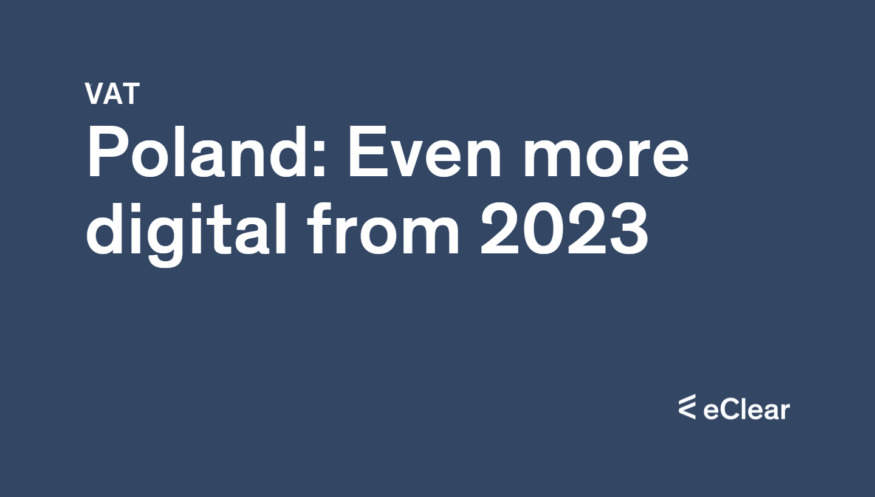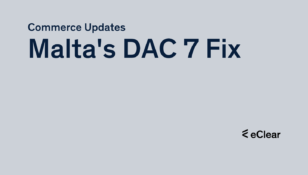SLIM-VAT 3
The bill prepared by the Polish Ministry of Finance to amend the Goods and Services Tax Act and some other laws, the so-called SLIM-VAT 3, has been discussed in various ministries and public hearings. SLIM VAT 3 is another package of simplifications in the Goods and Services Tax, which implements numerous demands from entrepreneurs to the Ministry of Finance. The consultations lasted until 26 August 2022.
What will change with SLIM VAT 3?
- Higher exemption limit for taxpayers
- Reduction of bureaucracy in the use of cash registers with electronic recording obligation
- The direct contact point for all questions and concerns is the National Information Office for Taxes and Customs (KIS)
- Exchange rates for credit notes
- VAT on the intra-Community acquisition of goods is deductible without the invoice
- A taxpayer who does not produce documents confirming an intra-Community supply of goods (WDT) within a certain period must record such a transaction as a domestic supply and apply the corresponding VAT rate.
- An error is not punished in the same way as fraud.
- Advance invoices are only sometimes necessary.
- Cashless taxpayers – it’s easier to get a faster VAT refund.
- The factor cancels joint and several liabilities.
- Changes in the application of blended prices
The implementation is postponed to 1 April 2023.
B2B – Mandatory e-invoicing from 2024 for companies based in Poland
On 1 January 2022, the national e-invoicing system was initially introduced as an optional solution. However, the Polish Ministry of Finance aims to make the use of KSeF mandatory from 2024 so that e-invoicing will be compulsory for all businesses in the same year.
What is KSeF?
The National System for Electronic Invoices (Krajowy System e-Faktur, abbreviated KSeF) is a data exchange system for issuing, receiving and storing structured invoices in Poland. In addition, the system is used to provide invoices with a system-assigned identification number (KSeF ID) and to check whether they correspond to a specific template.
This makes Poland another EU member state, along with Spain, Portugal, and Italy, that has decided to switch from the so-called post-audit model to the clearance model for electronic invoice processing.
VAT groupings as of 01.01.2023
- Optional for companies based in Poland
- The consultation ended on 29 July 2022
VAT rates
Since 1 February 2022, reduced VAT rates have been applied in Poland, among others, for food, fuel, energy, fertilisers and plant protection products. The reductions result from the amendment to the Polish Value Added Tax Act (ustawa o podatku od towarów i usług) adopted by the Polish Sejm on 13 January 2022. The Senate’s amendments were rejected. This amendment is called the “anti-inflation shield 2.0”. Its purpose is to curb price growth and mitigate the negative effects of Poland’s soaring inflation.
These measures are not the first step of this kind by the Polish legislator, as they are an extension of the reductions introduced by the Polish Minister of Finance’s decree of December 2021, when VAT rates for natural gas were reduced from 23% to 8% and for thermal energy from 23% to 8%. The reduced VAT rates were only introduced temporarily, as they were only supposed to apply until 31 July 2022, i.e. for six months. This time limit was extended with SLIM VAT 3 and now applies until 30.06.2023!







